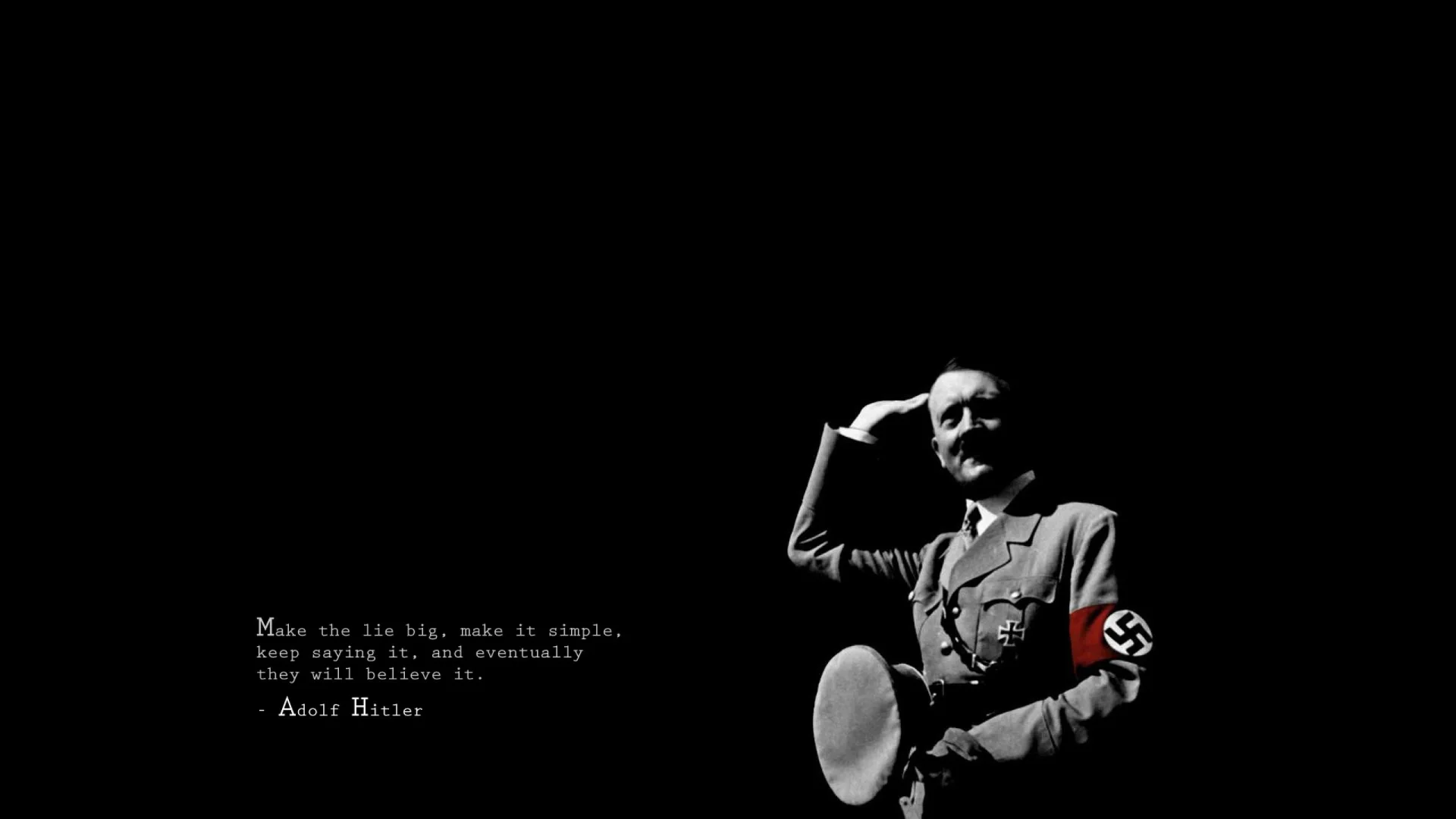Table of Contents
Introduction
Hitler’s Ruthless Ambition 1889 reputation as a tyrant and representative of evil, he was once a child molded by his circumstances. Forming a Despot Hitler’s Ruthless Ambition The diminutive influence of youth in 1889 takes a deep dive into Hitler’s life before WWII. The effects of his early life encounters simply fed into his desire for power and control and molded him into the dangerous figure he later became. Hitler’s Ruthless Ambition 1889 Shaping a Tyrant: The Dark Childhood Influences
The Challenging Childhood of Hitler. Hitler’s Ruthless Ambition 1889
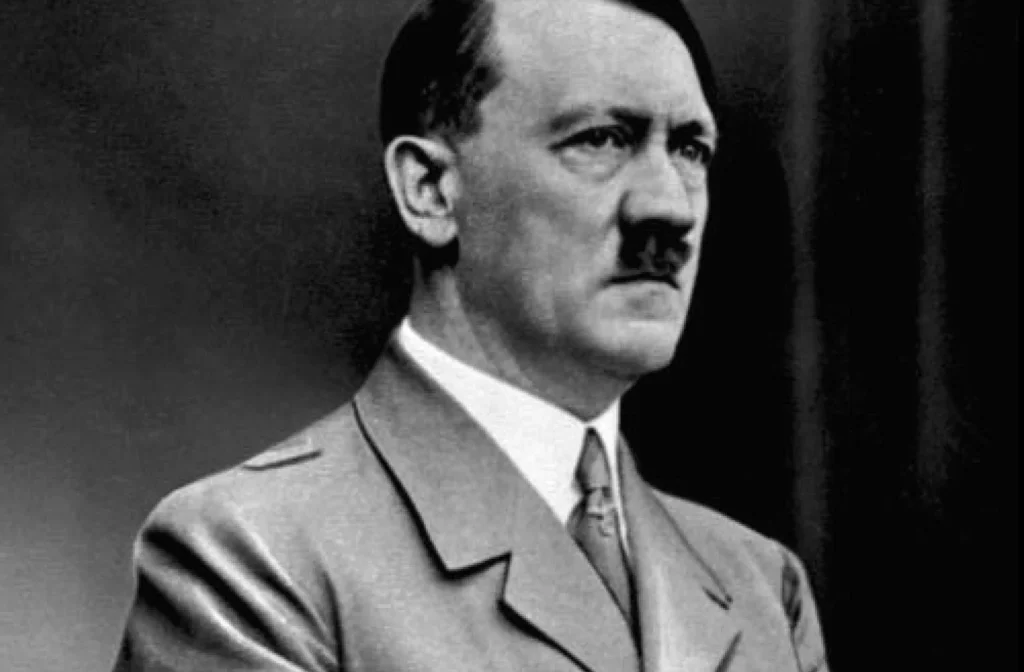
Adolf Hitler entered the world on April 20, 1889, at the Braunau am Hotel in Austria. His family was separated due to obvious differences. His father, Alois Hitler, was a strong and charismatic government official, known for organizing the beatings of his generation. His mother, Clara, then, was a compassionate woman, offering much love and care to her young ones. Hitler’s Ruthless Ambition 1889 Shaping a Tyrant: The Dark Childhood Influences
This confrontational parenting style fundamentally shaped Hitler’s outlook and character from the start. His father’s harsh and damaging ways may have sown the seeds of Hitler’s later desire to control, while his mother’s compassion created an undeniable bond that fueled Adolf cruelty. These ingredients combined to influence an early life that was mind-boggling and progressive, leading Hitler to eventually become the dictator. Hitler’s Ruthless Ambition 1889 Shaping a Tyrant: The Dark Childhood Influences
The Impact of Authoritarian Parenting. Hitler’s Ruthless Ambition 1889
Adolf Hitler’s strict and authoritative parenting style was instrumental in shaping young Adolf’s personality. Ruling the household with no room for dissent, Alois often took out his frustrations on Adolf, punishing him harshly. This repressive environment may have helped mold Hitler’s dominant personality and relentless ambitions. Alois’ unbridled control over his life may have fueled Hitler’s deep desire to regain power and command his destiny, which later manifested itself in his demand for unwavering loyalty and obedience from his followers. Thus, Adolf Hitler’s authoritarian upbringing played an important role in developing his obsession with power and control. Hitler’s Ruthless Ambition 1889 Shaping a Tyrant: The Dark Childhood Influences
The Loss that Fueled Hatred. Hitler’s Ruthless Ambition 1889
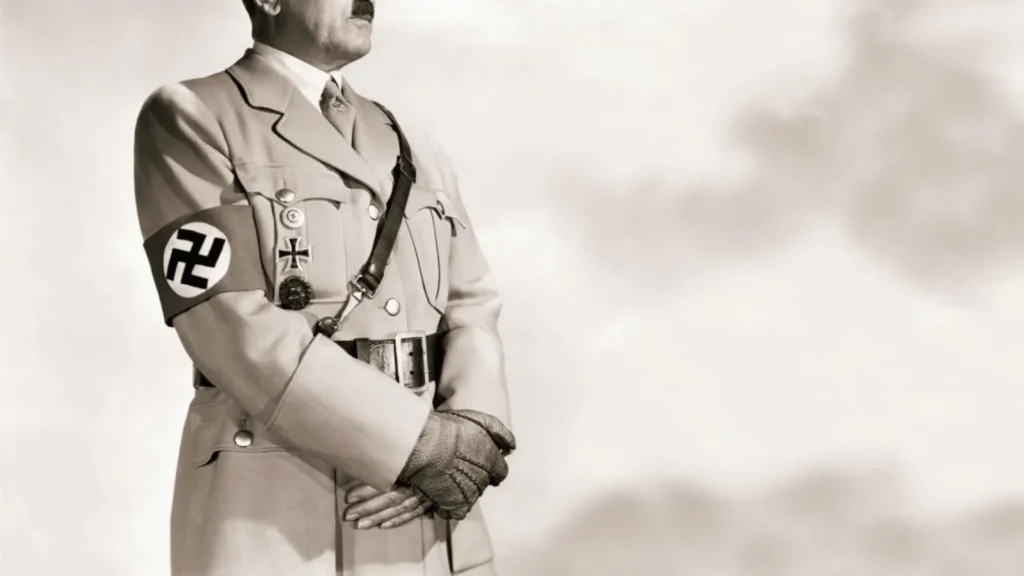
Adolf Hitler’s personality was significantly affected by the death of his young brother Edmund from measles in 1900. Amazingly, after this great misfortune, there was a drastic change in Hitler’s character. His cheerful and friendly personality was replaced with a recognizable more distant and resistant disposition. Hitler’s Ruthless Ambition 1889 Shaping a Tyrant: The Dark Childhood Influences
This pivotal moment in his life could have been the catalyst that shaped Hitler’s unforgiving and harsh nature. Perhaps it was this opportunity that introduced him to the cruel realities of life, prompting him to strengthen his feelings and remove any hint of perceived inadequacy. Behavioral adjustment after the death of his sibling teaches us that individual misfortunes have a decisive meaning for one’s outlook on and relationships with others. Hitler’s Ruthless Ambition 1889 Shaping a Tyrant: The Dark Childhood Influences
The Influence of Anti-Semitic Sentiment. Hitler’s Ruthless Ambition 1889
In Adolf Hitler’s early stages, he was routinely presented as a staunch enemy of anti-Semitism in his neighborhood. The inevitable hostility of Jewish opinion, usually through the press and local discourse, imprinted itself on the young Hitler, gradually saturating his belief framework. For Hitler, anti-Semitism was not a trait, but instead, a much broader cultural problem that was prevalent during his time. Hitler’s Ruthless Ambition 1889 Shaping a Tyrant: The Dark Childhood Influences
Nevertheless, Hitler assimilated these beliefs to an outrageous degree, allowing them to fuel the philosophies he created. These bigoted views instilled in him an ambivalent view of the Jewish people, which later turned into the most contemptuous. This contempt, fueled by misconceived ideas of racial innocence and unparalleled quality, would serve as the primary thrust behind these horrific practices during the Holocaust. It is thus important to understand the function of cultural influences in forming Hitler’s anti-Semitism. Hitler’s Ruthless Ambition 1889 Shaping a Tyrant: The Dark Childhood Influences
The Role of Schooling and Academia. Hitler’s Ruthless Ambition 1889
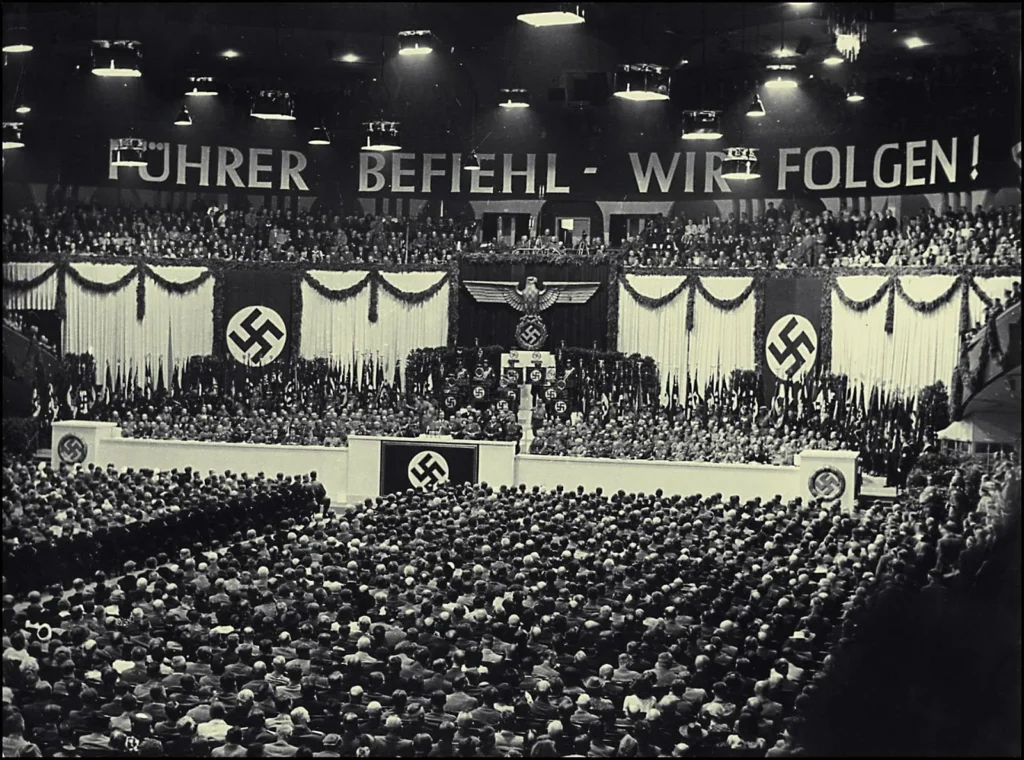
Adolf Hitler, while academically an understudy, showed a keen interest in German patriotism during his school years. This interest was greatly stirred by one of his instructors, Leopold Pottsch. The Putsch often celebrated the idea of German racial superiority, while portraying different races negatively. Hitler applied these lessons with an unquestioning mind, incorporating these ideas and convictions. It is claimed that the seeds of Hitler’s hegemonic philosophy were sown during this period of his life. Hitler’s Ruthless Ambition 1889 Shaping a Tyrant: The Dark Childhood Influences
The effects of the lessons of the Putsch embedded themselves in Hitler’s mind, paving the way for his later radical beliefs. Thus, the work of the training and academic community was very important in Hitler’s life, highlighting the way that ideas during tutoring could fundamentally influence the philosophy of a young mind. Hitler’s Ruthless Ambition 1889 Shaping a Tyrant: The Dark Childhood Influences
The Influence of Art and Rejection. Hitler’s Ruthless Ambition 1889
Right off the bat, Adolf Hitler was an ardent devotee of artistic expression, especially painting. He was confident of finding a career as a master craftsman, but his wishes were strongly objected to by his father. After his father’s death, Hitler attempted to enroll at the Vienna Institute of Workmanship. Regardless of his enthusiasm, he faced two fruitless attempts, leading to a double sack. This disappointment was an unpleasant reality, marking a pivotal moment in his young life. Hitler’s Ruthless Ambition 1889 Shaping a Tyrant: The Dark Childhood Influences
This harsh dismissal from an organized organization has fueled his current feelings of hatred and pushed him toward an extremist belief system. His fruitless forays into the realm of craftsmanship have fueled his propensity to challenge and sabotage cultural norms in later years. Essentially, the dual influence of craftsmanship and dismissal in Hitler’s life offers an unusual perspective on the mind that exhibits the variables that shaped his outlook. Hitler’s Ruthless Ambition 1889 Shaping a Tyrant: The Dark Childhood Influences
The Fascination with Power and Control. Hitler’s Ruthless Ambition 1889
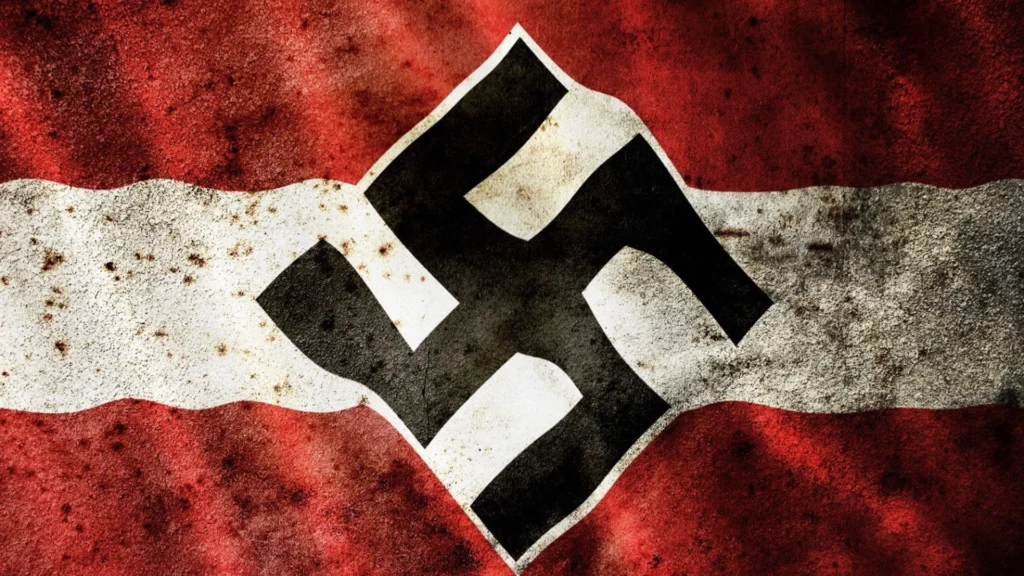
From his early years, Adolf Hitler displayed great areas of strength in the areas of power and control. He was drawn to the intricate elements of governmental problems and watched the maneuvers of persuasive figures with an assimilated interest. One such figure was the German chancellor Otto von Bismarck, whose major political maneuvers were a major source of motivation for Hitler. His deep respect for Bismarck’s political insight reveals his early inclination toward legitimate administration. Hitler’s Ruthless Ambition 1889 Shaping a Tyrant: The Dark Childhood Influences
Hitler similarly found a persuasive source of inspiration in the Wagnerian plays. These plays, with their vivid accounts of the power and boldness of German ideals, fascinated him. The charm of these accounts and their heroes’ ability to exercise control must have had a lasting effect on Hitler’s mind. All things considered, this early fascination with power and control fed his ambition, fueling his desire for dominance and a position of authority. Hitler’s Ruthless Ambition 1889 Shaping a Tyrant: The Dark Childhood Influences
The Formative Years of Hitler’s Ideology. Hitler’s Ruthless Ambition 1889
After his mother died in Vienna during the Hitler era, he was exposed to different political ways of thinking and belief systems. Of all the experiments he made, he was particularly drawn to those who supported German domination and advanced the Enemy of the Semitic stories. The discourse surrounding these belief systems resonated with Hitler and strongly influenced his approach.
Germany’s unparalleled standards for cultural issues and views of Jewish wrongdoing fit with the stories he drew from his early educational encounters. This arrangement allowed these philosophies to become established in his mind, formulating the central criteria for his philosophy of horror that he would later apply to everything around him during his experience as Führer. The Vienna period was consequently an important time in Hitler’s life that saw the establishment of his philosophical framework. Hitler’s Ruthless Ambition 1889 Shaping a Tyrant: The Dark Childhood Influences
The Evolution of Hitler’s Narcissism. Hitler’s Ruthless Ambition 1889
Hitler’s self-involved traits were evident from the beginning, which became more pronounced as he grew older. His unwavering desire for respect, combined with a disdain for analysis, characterized an extended mental self-portrait. His childhood, isolated from spheres of power for influence and individual dismissal, played a key role in developing these egotistical tendencies. The combination of her father’s overbearing control and her bombastic attempts to gain recognition in the craft world exacerbated her sense of vulnerability. Hitler’s Ruthless Ambition 1889 Shaping a Tyrant: The Dark Childhood Influences
Accordingly, Hitler may have overcompensated by developing an enlarged self-image and narcissistic tendencies. As he experienced philosophies that sanctioned his growing self-esteem and scapegoated others for cultural causes, his egoistic traits also grew. Consequently, Hitler’s selfishness was not an innate trait, but rather a reaction to a set of encounters and influences that shaped his self-perception and response to his general environment. Hitler’s Ruthless Ambition 1889 Shaping a Tyrant: The Dark Childhood Influences
The Road to Dictatorship: Hitler’s Ruthless Ambition 1889
Hitler’s ascension to tyranny was an incongruous symptom of his early stages, isolated from the effects of dismissal, atrocious upbringing, individual misfortune, and a racially charged cultural environment. His fixation on control, aided by a broad mental self-view, developed into a long-standing obsession with power, reinforced by his belief in Germany’s unrivaled quality. His anti-Semitism, supported by cultural prejudice and instruction, decayed into a firmly entrenched contempt. Hitler’s Ruthless Ambition 1889 Shaping a Tyrant: The Dark Childhood Influences
These harmful belief systems eventually hardened into the main thrust of Hitler’s oppressive rule during WWII. Acknowledging the early value encounters that influenced Hitler’s mind is not an attempt to excuse his deplorable actions. All things being equal, this highlights the significant impact of early life experiences on an individual’s adult life, serving as a forewarning of society’s expected consequences of uncontrolled oppression, prejudice, and cultural norms. But presents that promote hate. Hitler’s Ruthless Ambition 1889 Shaping a Tyrant: The Dark Childhood Influences
Conclusion. Hitler’s Ruthless Ambition 1889
All in all, Hitler’s slow and complicated youth played a fundamental role in shaping him into the dictator we know today. These developmental influences—a brutal father, the death of a dearest relative, dismissal from the Vienna Foundation of Craftsmanship, and openness to an uncontrollable enemy of Semiticism and German patriotism—combined to shape Hitler’s ruthless ambition. were done Experts in the field of mental science often highlight the significance of young life experiences in shaping an individual’s character and perspective. Hitler’s Ruthless Ambition 1889 Shaping a Tyrant: The Dark Childhood Influences
Harvard College professor Michael Patterson says, “The function of precious early encounters in shaping an adult’s perspective could not possibly be more important. For Hitler’s situation, we understand how a troubled young man triggered a desperate desire for power and control, with disastrous results.” While it is important to look at the variables that shaped Hitler’s reign of terror, it is equally important to understand the dangers of unbridled authoritarianism, bigotry, and defiance of cultural norms. In the words of eminent humanist Dr. Laura Hughes, “History is a powerful educator. Hitler’s Ruthless Ambition 1889 Shaping a Tyrant: The Dark Childhood Influences
By understanding Hitler’s early impact, society can prevent such situations from becoming future dictators.” Ultimately, Hitler’s story is a sobering symbol of how cultural influences, individual misfortune, and youth can influence an individual’s behavior. can create, highlighting our collective responsibility to create a better, more caring society. Hitler’s Ruthless Ambition 1889 Shaping a Tyrant: The Dark Childhood Influences
FAQs
What were the key factors in Hitler’s early life that influenced his personality?
This question explores the significant elements of Hitler’s childhood, such as family dynamics, his upbringing, and early life experiences that contributed to shaping his later personality and worldview.
How did Hitler’s family background affect his development?
This addresses the influence of Hitler’s family, particularly his relationships with his parents and siblings, on his psychological development and future ambitions.
Did Hitler’s upbringing in Austria impact his views on nationalism and race?
This question examines how growing up in Austria, with its diverse ethnic and cultural background, may have influenced Hitler’s ideas about nationalism, race, and identity.
What role did Hitler’s education and early interests play in his ideological formation?
Here, we explore the impact of Hitler’s educational background and his early interests, including art and history, on the development of his ideological beliefs.
How did the socio-political climate of Hitler’s youth shape his later political agenda?
This delves into the influence of the socio-political environment during Hitler’s formative years on his subsequent political ideologies and strategies.
Were there any significant events in Hitler’s childhood that predicted his future as a dictator?
This question investigates specific events or experiences in Hitler’s early life that might have foreshadowed his future role as a dictator.
How did Hitler’s experiences with poverty and struggle influence his worldview?
This examines how Hitler’s experiences of poverty and struggle in his youth impacted his attitudes towards society, politics, and his later ambitions for power.
Did Hitler exhibit any distinctive personality traits in his early years?
This question focuses on identifying and understanding any unique personality traits that Hitler may have shown during his childhood and adolescence.
What impact did Hitler’s early artistic aspirations have on his later political propaganda?
Here, we explore the connection between Hitler’s early interest in art and how this might have influenced his approach to Nazi propaganda and aesthetic choices.
How do historians and psychologists interpret Hitler’s early life influences?
This addresses the various interpretations and theories proposed by historians and psychologists about the impact of Hitler’s early life on his later actions and personality as a dictator.

